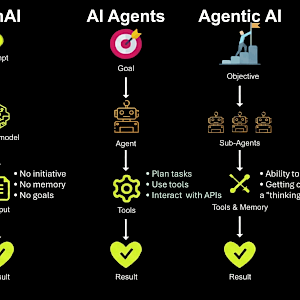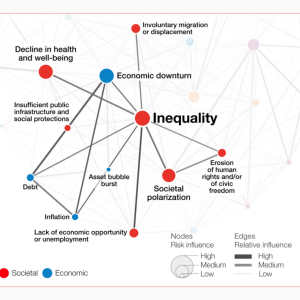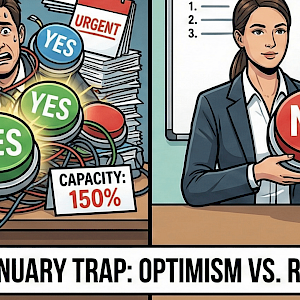The True Enemy of a Project Is Not Risk. It Is the Illusion
In this episode, Ricardo explains that the true enemy of a project is not risk, but illusion. Although teams dedicate significant effort to risk management—creating registers, assessing probability and impact, and defining mitigation plans—many failures arise from collective self-deception. Unrealistic schedules, underestimated budgets, and overly ambitious scopes are often accepted to satisfy expectations and gain approval.








